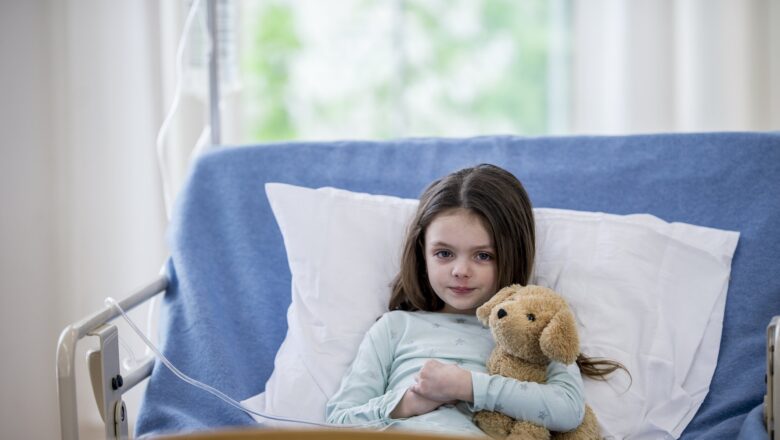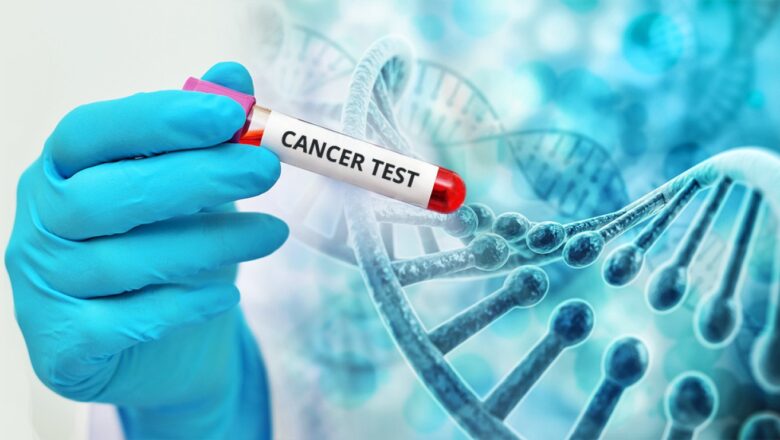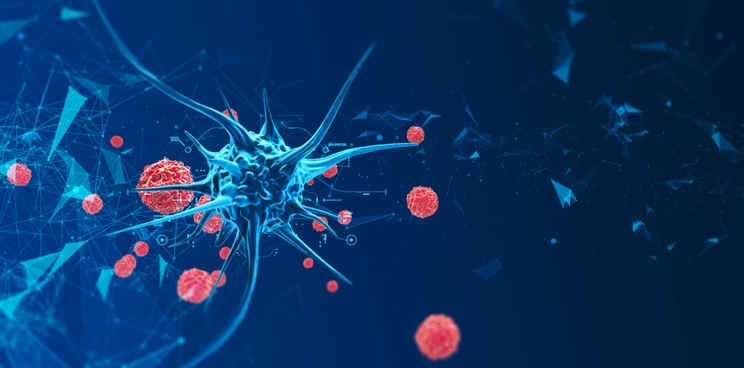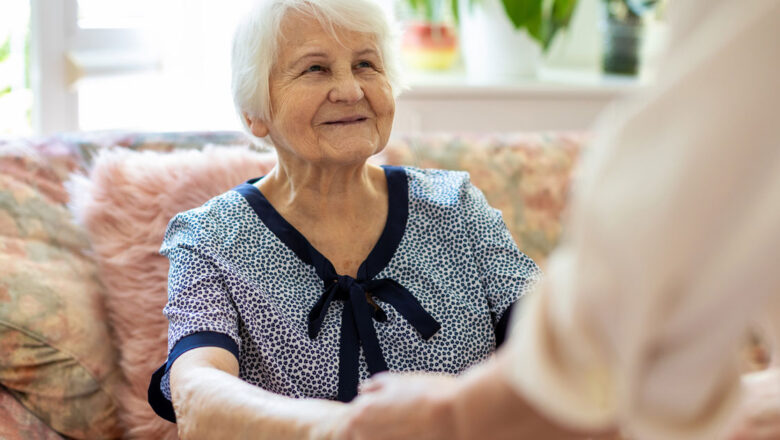
Types of Cancer Seen in Children: Diagnosis and Treatment
Childhood cancers generally differ from the types of cancer seen in adults. This special condition occurs due to cellular changes during the growth and development process of children. Early diagnosis and effective treatment of cancers in children play a critical role in preventing the progression of the disease.
Common Types of Cancer in Children
Leukemia: Leukemia, the most common type of cancer in childhood, is characterized by the excessive production of abnormal blood cells in the bone marrow. Acute lymphoblastic leukemia (ALL) and acute myeloid leukemia (AML) are the most common subtypes.
Brain Tumors: Tumors occurring in the brain and spinal cord are another important type of cancer seen in children. Various symptoms may occur depending on the location and type of the tum...





